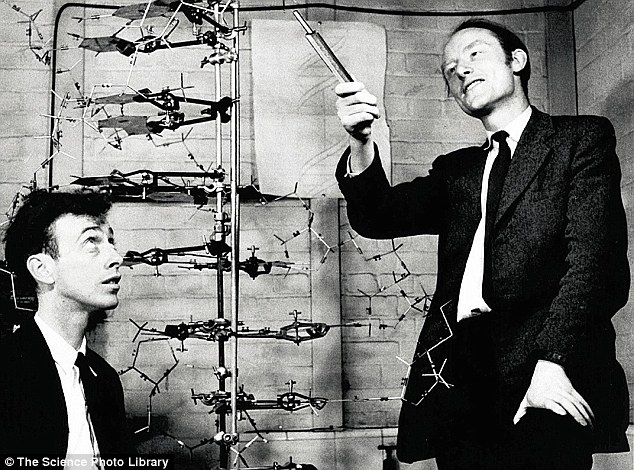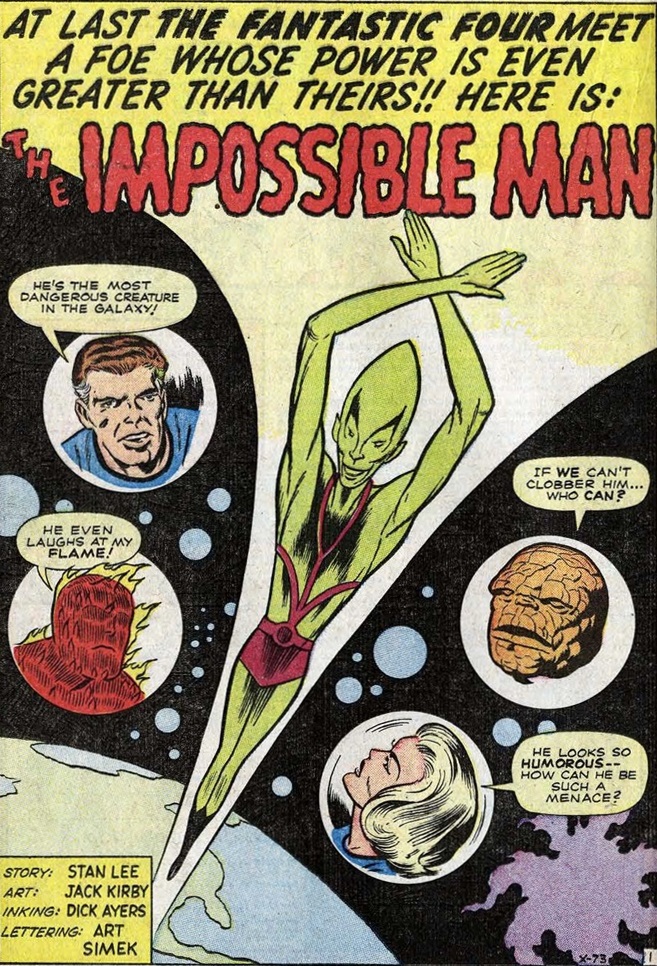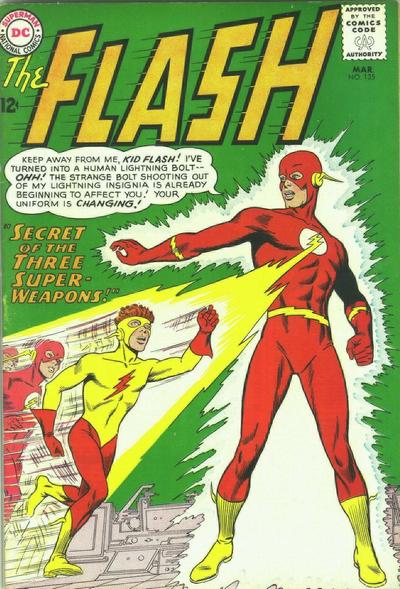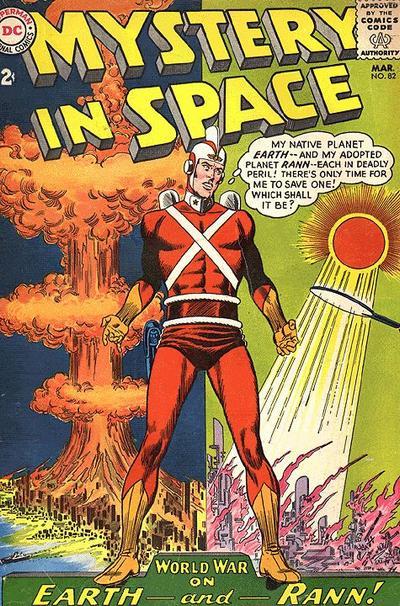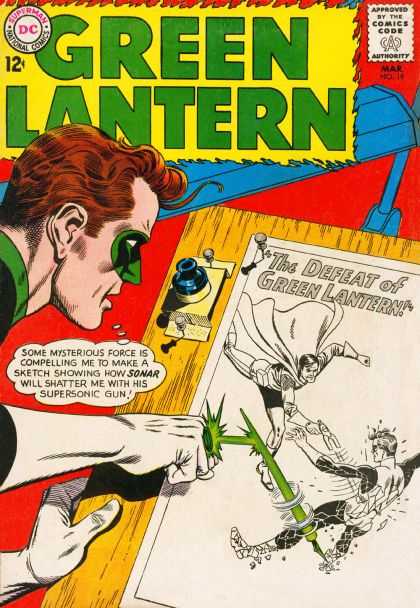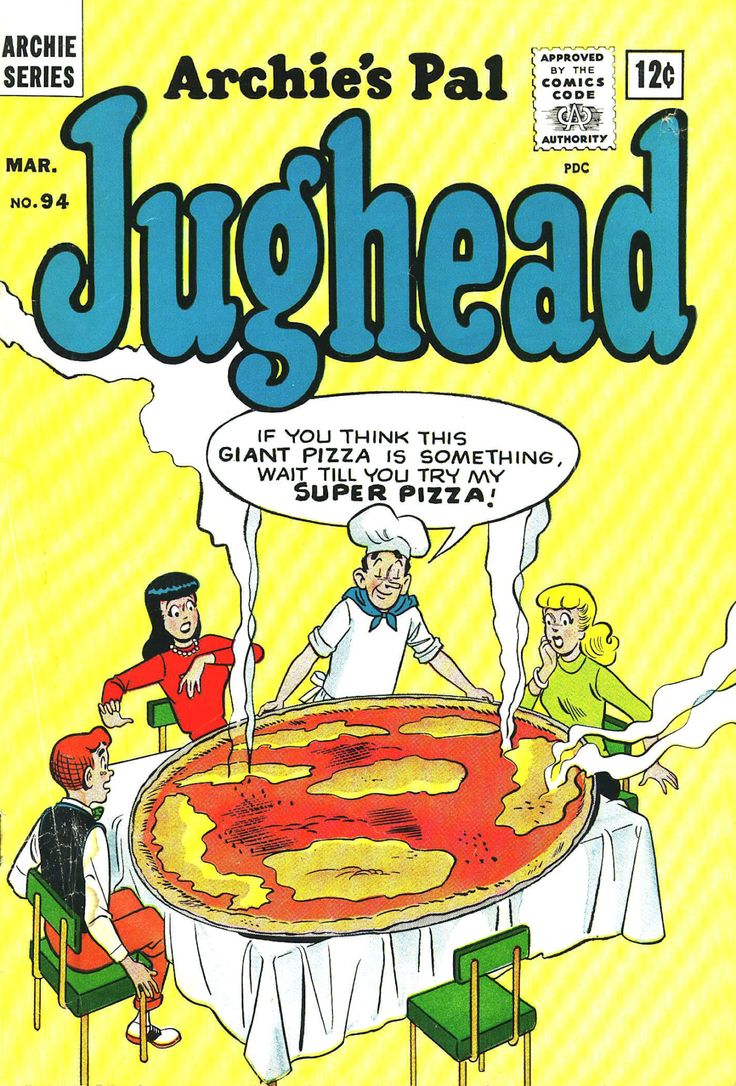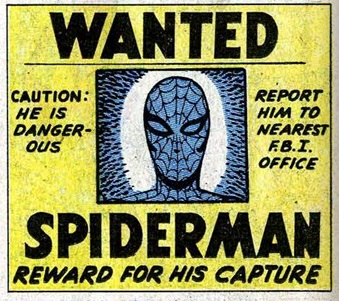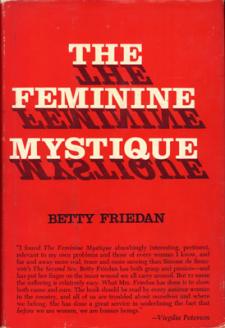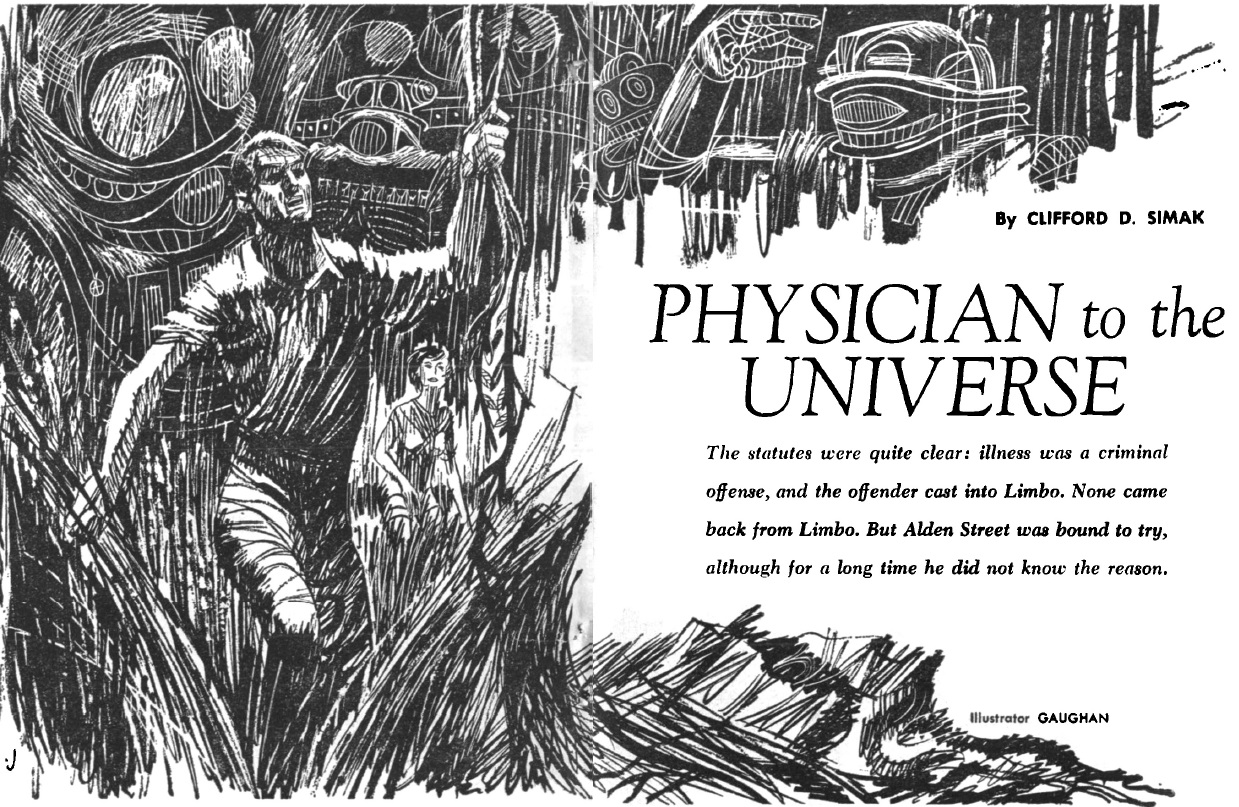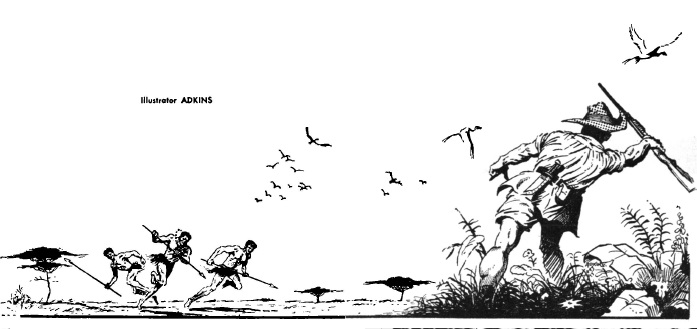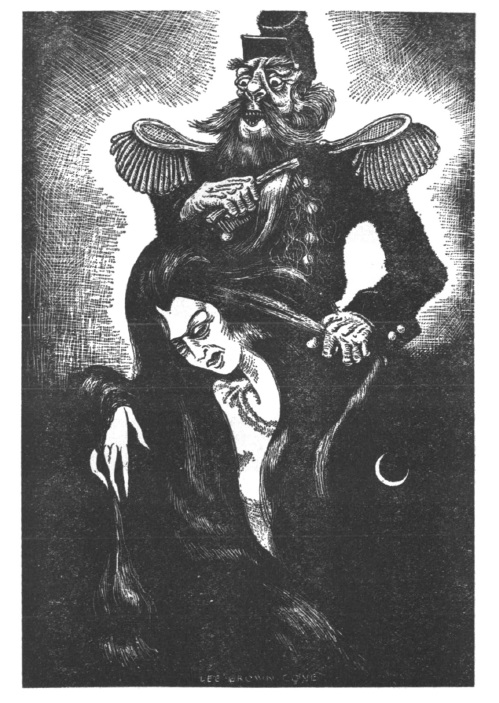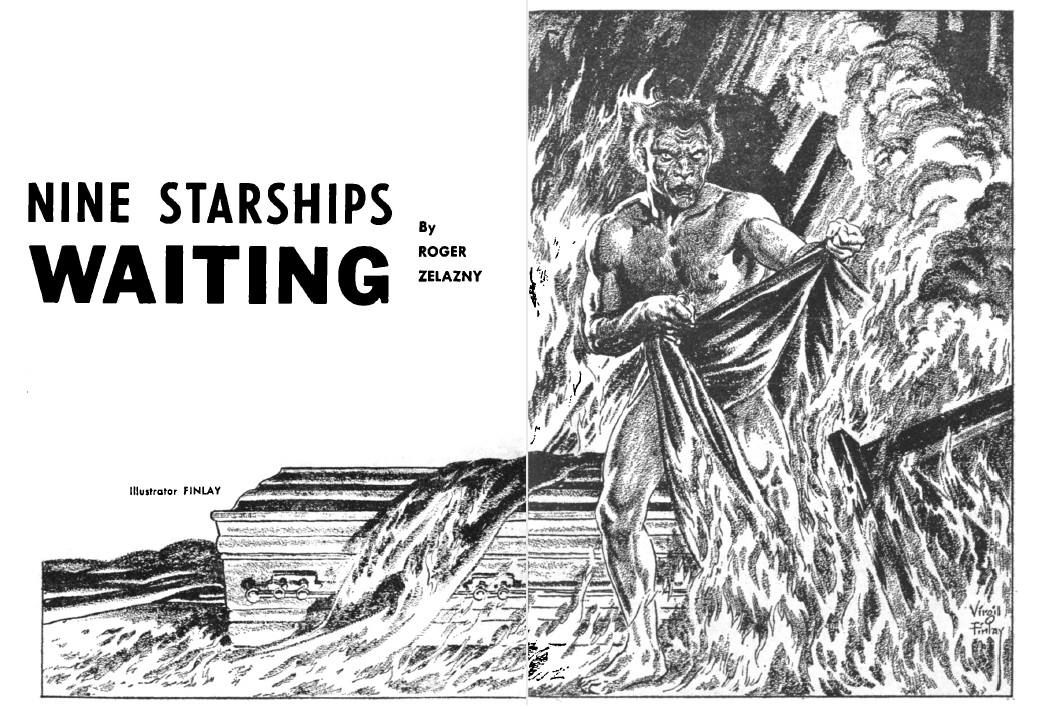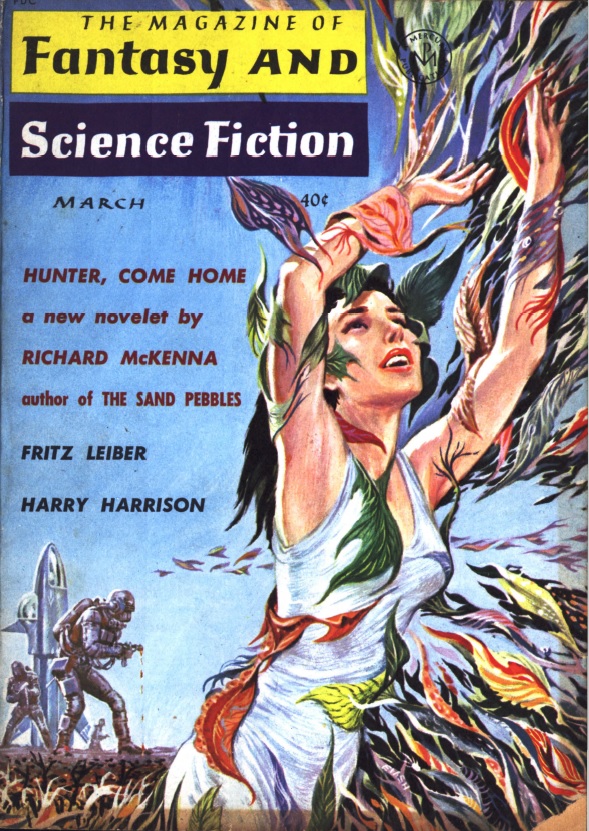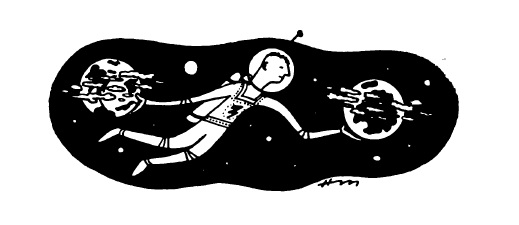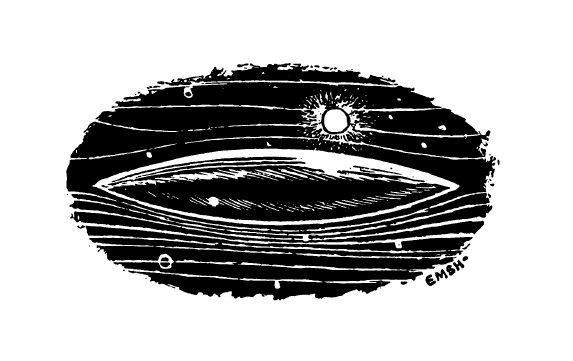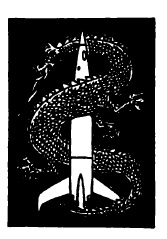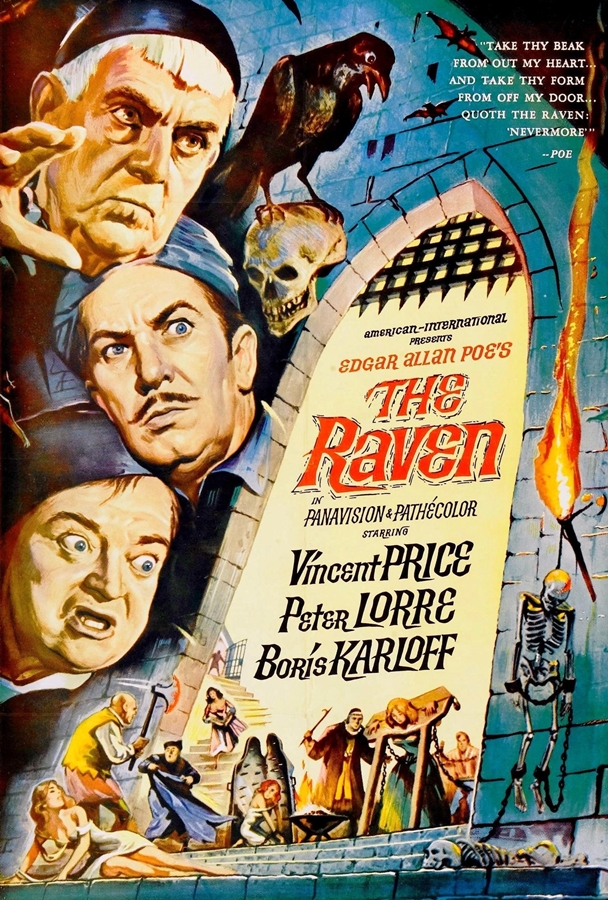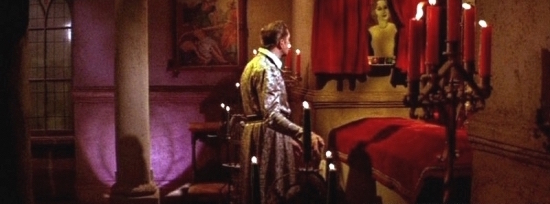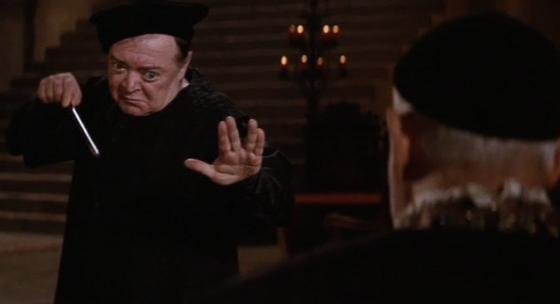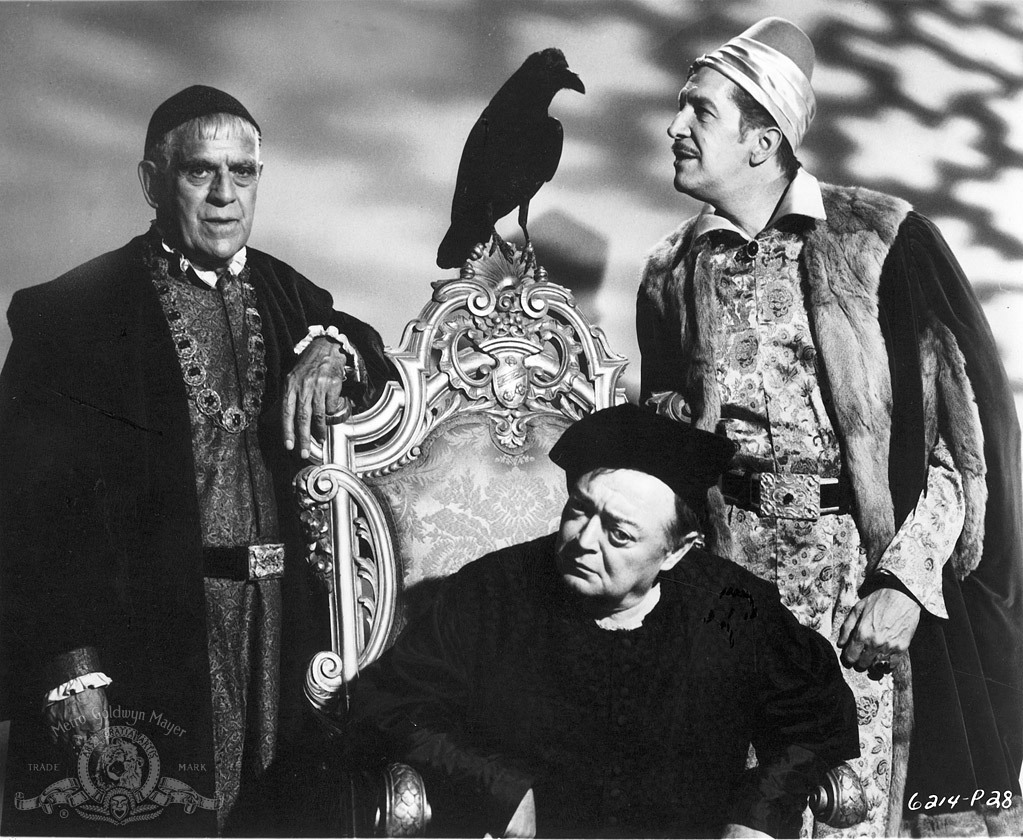[We have a special treat for you, today. One of the Journey's long-time followers has prepared a review of the latest episodes of The Twilight Zone. Natalie describes herself as having "devoted her life to finding the best and the worst popular culture has to offer. Areas of expertise include music, movies and television." I hope you enjoy her words as much as I did…and perhaps we can convince her to return?]

by Natalie Devitt
As you know by now, The Twilight Zone is no longer the most consistently good show. Episodes have been varying dramatically in terms of quality. The longer episodes this season have not helped matters. Some episodes seem padded to add time to stretch to the full hour, while others would probably work better as feature length films. That was certainly the case with some of the episodes this past month, but the episodes were not without moments of brilliance.

Mute, by Richard Matheson
Mute is the story of a young girl named Ilse, who is used as a test subject by her parents. Her parents are members of an organization that studies telepathy. Even though Ilse is perfectly capable of learning how to speak, as part of a deal with other members of the organization, her parents raise her to communicate using only telepathy and document the results for other members of their organization.
Sadly, her parents never seem to consider what would happen to Ilse if they were no longer able to care for her. So, when the family’s home suddenly burns down one night, killing both of her mother and her father, Ilse is left without the means to communicate with those around her. Luckily, the local sheriff and his wife offer her a place to stay, while they try to contact her next of kin. In the meantime, they enroll her in school, assuming that the school would teach her everything thing she needs to know in order to assimilate.

I hate to admit that after last season’s Little Girl Lost, I expected a higher caliber of work from screenwriter Richard Matheson. This episode does not seem to work as an hour long story. What could be an interesting episode about the pressure to conform or adults not always knowing what is best for children, turns into an episode that fails to leave any lasting impression.
That said, Ann Jullian, who you may remember in Babes in Toyland and Gypsy, does a fine job as Ilse. In addition, the camera work with its frequent tilts and pans, effectively conveys Ilse’s feelings of being disoriented as she transitions from having lived in silence to being thrown into a world of filled sound. The episode deserves two and a half stars.
Death Ship, by Richard Matheson
This episode gives a glimpse into the future. In the year 1997, Earth is overpopulated, so humans are in need of a new planet to colonize. A crew aboard a spaceship set out on an expedition in hopes of finding one. Once they finally land on a planet that they think has potential, they find a spaceship that bears a striking resemblance to their own. After assessing the situation, they enter the spaceship only to find a crew that looks just like them — except for one thing, the men in the spaceship are dead. The living crew struggle to find an explanation for how the ship and their deceased doppelgangers ended up on the planet, and how they can avoid meeting a similar fate.

This episode stars Jack Klugman and Ross Martin, and is a pretty consistently good episode. It can be at times fairly predictable. My biggest complaint is that a number of the sets have clearly been reused in order to cut costs. Even though the episode did not offer anything new visually, I still give it three stars.
Jess-Bell, by Earl Hammer Jr.
There is something special about Jess-Belle, a tale of obsession that aired just in time for Valentine’s Day. This episode takes place in the not too distant past of the Appalachian Mountains. The title character in the episode is played by an unrecognizable Anne Francis, best known for her work as Altaira in Forbidden Planet. This time the usually blonde actress is sporting a black wig and playing a desperate young woman, who enlists the help of a local witch, referred to as Granny Hart, to win back a former lover by the name of Billy Ben. Billy Ben is played by Western regular James Best. Not surprisingly, trouble ensues.

Anytime a blonde actress wears a dark wig and flirts with the dark side, you know what you are watching is bound to be entertaining, even if it is not in the way originally intended. To its credit, though, Jess-Belle manages to be very effective with its strong performances and haunting atmosphere, despite most of its characters being hillbilly stereotypes. I could not get this episode out of my head for days, so for that reason I give it four stars.
Miniature, by Charles Beaumont
This episode is about a character named Charley, who is played brilliantly by Robert Duvall. He is in his thirties and still lives at home with his controlling mother. He struggles to hold down a job or find a mate.
One day on a trip to the museum he finds the excitement he craves in the most unlikely of places, inside a dollhouse. The only problem is that nobody else seems to realize that a beautiful doll in the museum dollhouse is alive. Most of the story revolves around his overbearing mother and well-meaning sister trying to help him meet all of the markers of an ordinary adult life. The more his family members try to help him out of his state of arrested development, the more Charley escapes into fantasies of a love affair with the doll.

The years Robert Duvall spent honing his acting skills in the theatre world have finally paid off, because I cannot praise him enough for his work in this episode. Sometimes when actors transition from theater to television, they can be overly dramatic, because they are used to playing to the back of the house. That is certainly not the case with Robert Duvall‘s subtle performance in Miniature.
Charley, if played by a less skilled actor could seem pathetic, because he is almost unbelievably passive at work and at home. Also, his imaginary relationship with the doll could have come across as being creepy in the wrong hands. Robert’s approach to the character, makes the episode incredibly touching, even to viewers who may not relate to Charley. The acting alone earns the episode a solid three stars.

The most recent episodes certainly had their flaws, but I still found them enjoyable to watch. I am curious to see what the rest of the season has to offer.









